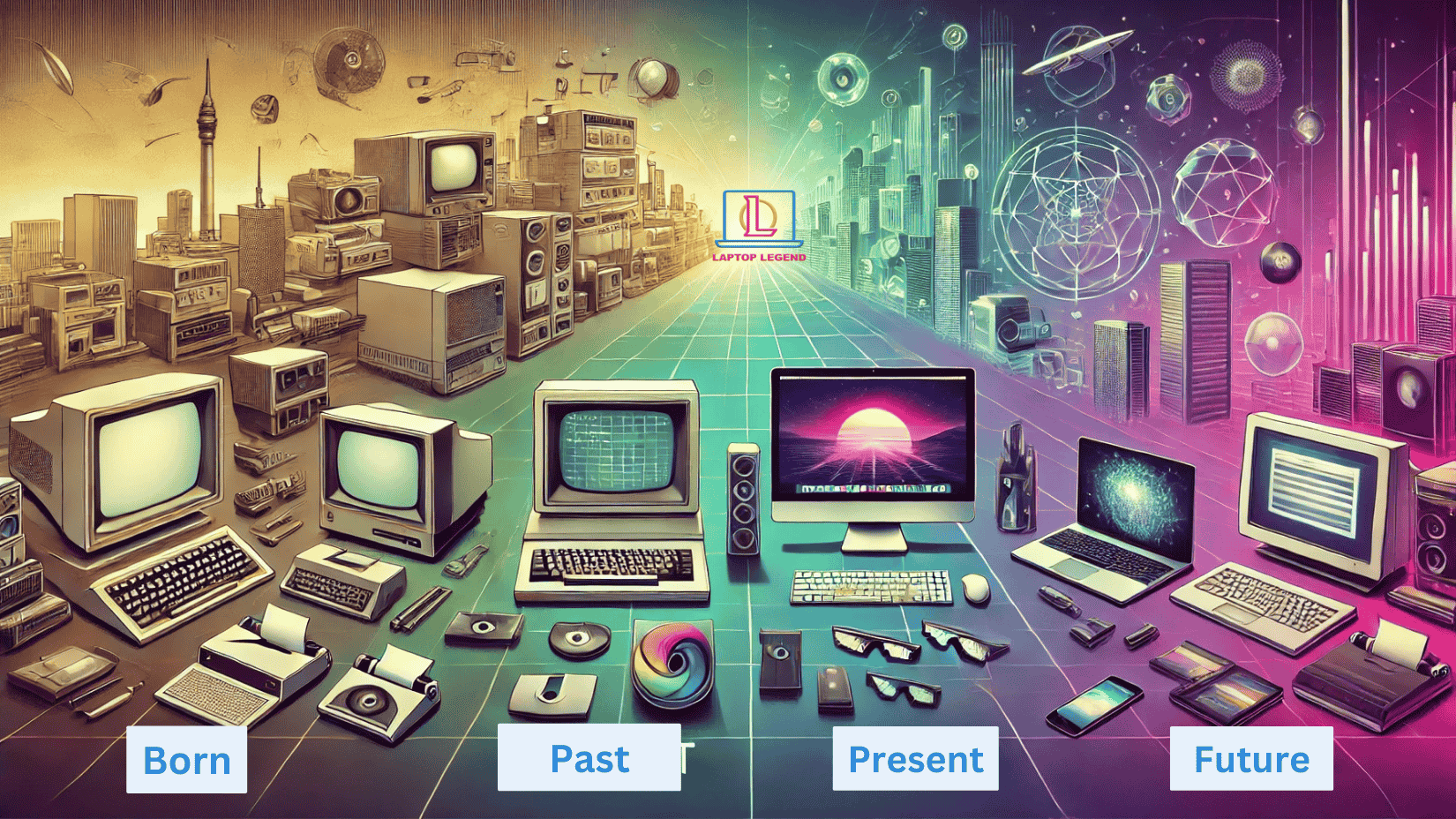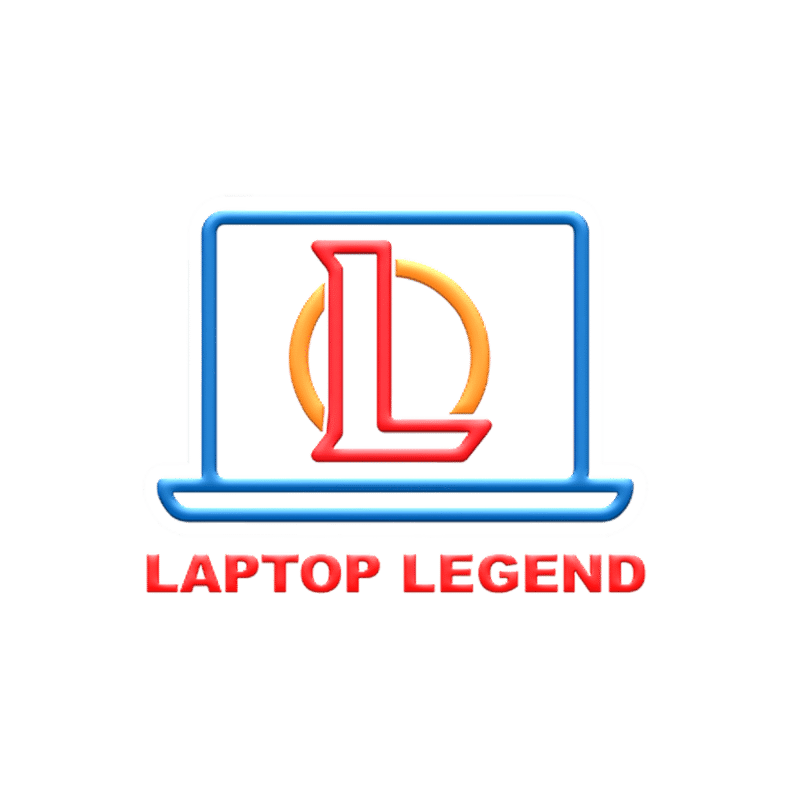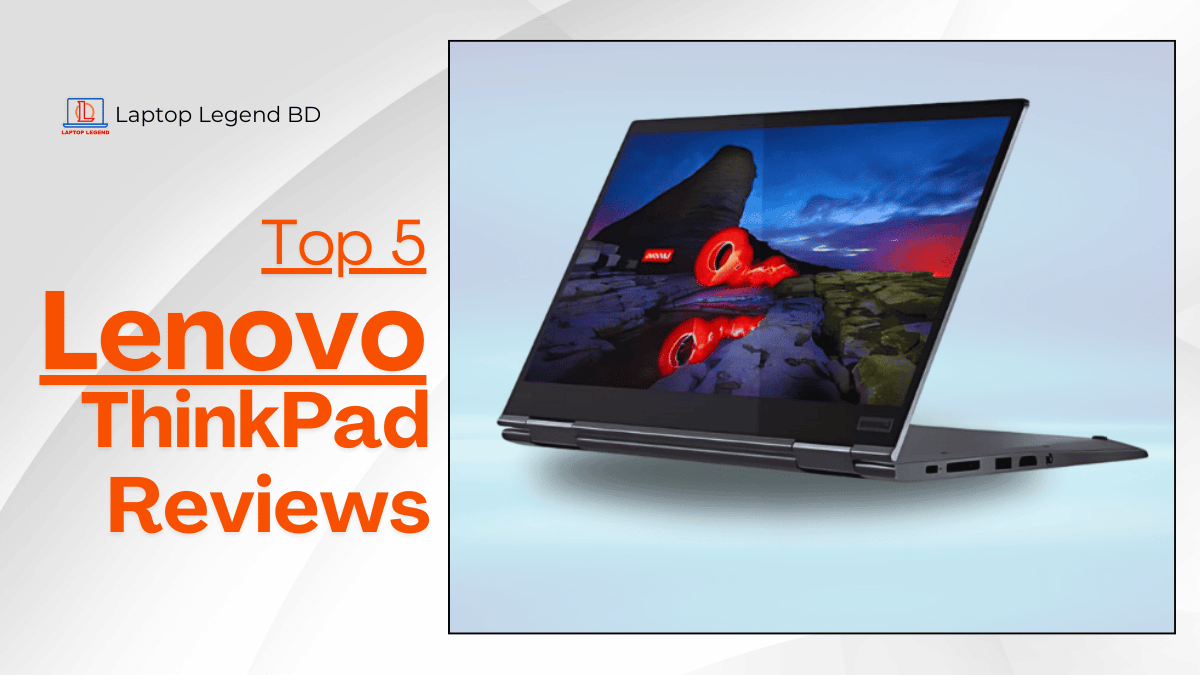Introduction of Computer Technology in Bangladesh
Computer Technology in Bangladesh has brought a sea change in the way we communicate, work, and lead our lives. Starting from room-sized machines to ultra-portable devices comfortably fitting in one’s pocket, computers have been modified and updated incessantly to keep up with increasing users’ demands across the globe. In Bangladesh, the adoption and advancement of computer technology have played a significant role in the country’s digital transformation. This article explores the journey of computer technology in Bangladesh, from its origins to the present, and envisions what the future might hold for this vital technological tool.
Table of Contents
1. The Past: The Early Days of Computer Technology in Bangladesh
2. The Present: The Current Landscape of Computer Technology
3. The Future: Trends and Predictions for Computer Technology in Bangladesh
4. The Role of Education and Government Initiatives in Computer Technology Advancement
5. Laptop vs. Desktop: Choosing the Right Device for Your Needs
1. The Past: Early Days of Computer Technology in Bangladesh
The journey of computer technology in Bangladesh started relatively late compared to many other Western countries. In the 1980s, computers could be found only in a few business enterprises and educational institutions in Bangladesh, as these were expensive and complicated machines. Some early models of computers were imported from abroad, mainly used for data processing, word processing, and other administrative tasks.
Key Milestones in Bangladesh’s Computer Adoption
- 1980s: The government and some big companies started the importation and utilization of computers for specialty purposes.
- 1990s: The introduction of personal computers began to make them more common, though out of the reach of average Bangladeshi households because of their high cost and lack of technical expertise.
- Late 1990s: With the advent of Internet connectivity, the country started to witness a gradual rise in computer literacy and usage, especially in urban areas.
- 2000s: The government’s emphasis on ICT began, opening the way for more pervasive computer adoption.
2. The Present: The Current Landscape of Computer Technology
Today, computer technology in Bangladesh has changed. Starting from the urban centers to rural communities, the use of computers and internet access has considerably expanded with the help of relatively affordable hardware, government initiatives, and private sector efforts. Bangladesh is now on a digital trajectory where computers hold a central place in education, business, government, and social communication.
Computer Technology in Daily Life
- Business: Computers play a crucial role in the operational aspects of various business organizations, from small ventures to large concerns, throughout Bangladesh. They are utilized for accounting, communication, digital marketing, inventory management, and customer service.
- Education: Due to e-learning platforms and digital classrooms, computers have become essential items in institutes. Schools and universities are increasingly depending on them for teaching, research, and other administrative purposes.
- Healthcare: Computers are used in hospitals and clinics for patient management, diagnostic help, telemedicine, and research on diseases to uplift healthcare.
- Government Services: Digitization of government services, e-governance platforms, submissions of taxes, and online portals, have increased the delivery and access to public services by its citizens.
Computer Technology Key Statistics in Bangladesh
- Internet Usage: As per the recent statistics, more than 50% of people in Bangladesh are connected to the internet, and a large portion of them use mobile devices to access the internet.
- PC and Laptop Sales: The sales of laptops and PCs have seen steady growth, especially during and after the C-O-V-I-D-1-9 pandemic, which accelerated the need for remote work and online education.
- Software Development: The IT industry in Bangladesh has been growing fast with an increasing number of software development firms offering local and cross-border services.
3. The Future of Computer Technology in Bangladesh: Trends and Predictions
As the Bangladeshi nation continues embracing digital transformations, the future of computer technology is looking healthy. Several trends and technological advancements are likely to shape the country’s landscape in the coming years:
Emerging Trends in Computer Technology
- Artificial Intelligence and Automation: AI shall be used in more applications in the future. Its application will enhance many sectors, including agriculture, manufacturing, health, and customer care. Automation of business processes will increase efficiency and reduce costs.
- Cloud Computing: This sector will also see its increased use as businesses and individuals move to store and access data securely online from anywhere. This will enable cloud technology to play an enabling role in the scaling up of SMEs.
- 5G Connectivity: With the expected deployment of 5G technology, greater internet speeds will make possible more advanced applications of computers, from analytics of data in real time to virtual reality experiences.
- e-Governance and Smart Cities: The government’s thrust towards digital governance will persist in the direction of building smart cities through data analytics, IoT, and computer technology for enhanced standards of living in urban areas.
Future Challenges for Computer Technology in Bangladesh
- Infrastructure Gaps: While urban areas have good access to digital infrastructure, rural regions still lag behind. Bridging this gap is crucial for inclusive technological advancement.
- Cybersecurity: As computer usage increases, so does the risk of cyberattacks. Enhancing cybersecurity measures and educating the population on safe internet practices will be essential.
- Digital Literacy: Ensuring that the wider population, especially in rural areas, has the skills and knowledge to use computers effectively will be a challenge that needs sustained efforts.
4. The Role of Education and Government Initiatives in Computer Technology Advancement
Computer technology has developed in Bangladesh rapidly due to educational reforms and governmental support. Instead, it has emerged as a development of a digitally literate citizenry and the creation of an enabling environment for technological innovation.
Educational Reforms
- Introduction of ICT in Schools: ICT is now compulsory in schools for acquiring a strong foundation in digital literacy from an early age.
- University Programs in IT and Computer Science: More Bangladeshi universities are offering specialized degrees related to computer science, software engineering, and data analytics to help create the next generation of professionals in the IT industry.
- Online Learning Platforms: More learning is happening through online platforms, such as “10 Minute School,” and government-initiated projects that make learning about computers and software accessible to a wide audience.
GOVERNMENT INITIATIVES
- Digital Bangladesh Vision 2021: This initiative has been instrumental in promoting the use of technology in everyday life, pushing for increased internet access, and improving digital infrastructure.
- ICT Division Support: The government’s ICT Division provides funding and resources for tech startups, fosters innovation hubs, and encourages foreign investment in Bangladesh’s growing IT sector.
- Rural Connectivity Projects: Computer access to rural areas is being planned through various projects with cheap computers, internet facility, and training programs.
5. Laptop vs. Desktop: Choosing the Right Device for Your Needs
Given the choice between a laptop and a desktop, each option with its advantages and disadvantages, the final decision would depend on user needs in Bangladesh.
Laptops
- Portability: They are light and portable and, therefore, suitable for students, professionals, and people in any other category that require working on the move.
- Energy Efficiency: Normally, laptops consume less energy, hence being an energy-saving gadget.
- Convenience: The inbuilt battery and compact size enable their use in various environments without being confined to the desk. Desktops
- Performance: Generally, more performance per dollar spent is offered with desktops, which can run heavy computing tasks such as gaming, video editing, and professional software.
- Upgradability: It is easier to upgrade desktops over time. Components such as RAM, storage, and graphics cards can be replaced or enhanced, thus prolonging the life of the machine.
- Cost: For the specifications, desktops are the most affordable and often a better value in terms of raw performance compared to laptops.
Which One Should You Opt for?
The laptop would be a no-brainer for those professionals who need its mobility and convenience. Laptops offer students, office workers, and families on a budget the needed flexibility for basic to moderate computing tasks. However, if your primary use involves intensive applications or if you value long-term upgradability, then a desktop is the way to go. Ultimately, what tips the balance in favor of one over the other-laptop versus desktop-will depend on one’s lifestyle, budget, and specific requirements.
Conclusion:
Computer technology in Bangladesh has evolved from, say, imported PCs to become an integral part of daily life. The country is now moving toward a future where digitization would increasingly be influenced by new developments in AI, cloud computing, and 5G technology. With Bangladesh growing and changing by each passing day, computers in education, business, and governance will continue to play an increasingly important role in shaping a more connected and technologically enabled community. Infrastructure investments, education, and cybersecurity investments will all be relevant as ways of making sure every citizen benefits from the power of computer technology as Bangladesh competes in this new digital world.





